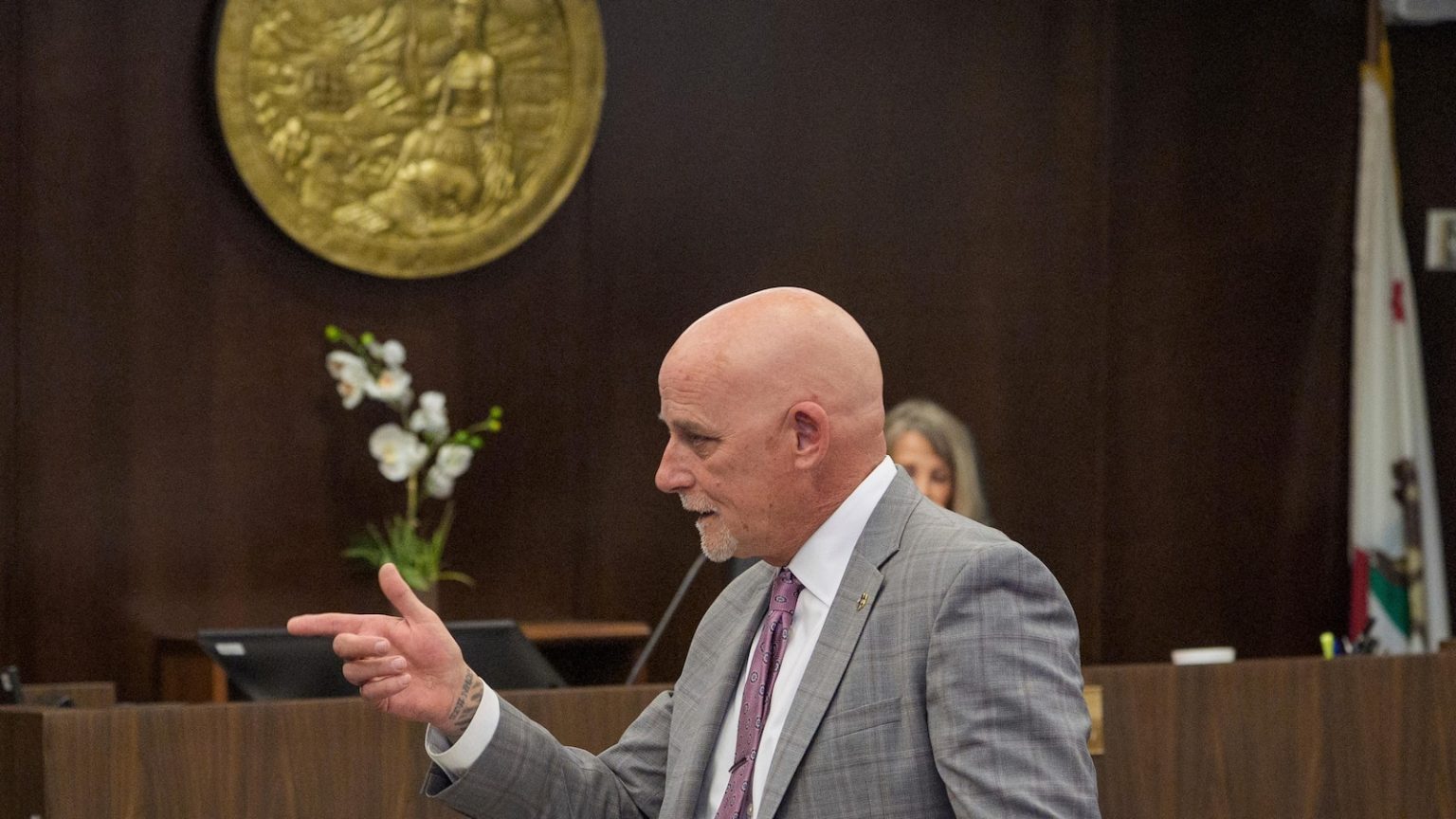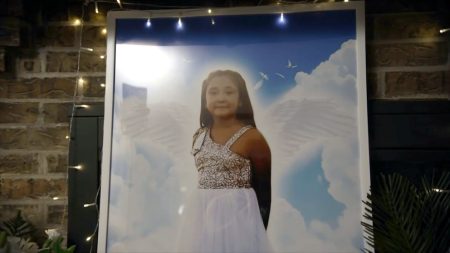A Judge on Trial: The Tragic Case of Jeffrey Ferguson
In a shocking turn of events, Orange County Superior Court Judge Jeffrey Ferguson, a respected figure in Southern California’s legal community, found himself in the defendant’s seat, accused of murdering his wife, Sheryl Ferguson. The case has drawn widespread attention due to Ferguson’s prominence as a judge and the tragic circumstances surrounding the alleged crime. The trial began with Ferguson’s lawyer, Cameron J. Talley, acknowledging that his client fired the fatal shot but insisting it was an accident. Ferguson, a 74-year-old judge with decades of experience, now faces murder charges for the death of his wife, who was shot in August 2023 during an argument over family finances while the couple watched the TV show Breaking Bad.
The Night of the Shooting: A Deadly Argument
The events leading to Sheryl Ferguson’s death unfolded in the couple’s home in Anaheim Hills, California. Ferguson and his wife had been arguing about family finances earlier that evening while dining at a Mexican restaurant with their adult son, Phillip. The argument continued at home, where prosecutor Seton Hunt alleged that Ferguson made a gun hand gesture toward his wife. Sheryl reportedly challenged him to point a real gun at her, which Ferguson did, pulling the trigger. Talley, however, painted a different picture, describing Ferguson as an alcoholic who was intoxicated at the time of the shooting. According to Talley, Ferguson was attempting to remove a gun from his ankle holster to place it on a table when he fumbled the weapon, causing it to discharge accidentally.
Ferguson’s Reaction and the Prosecution’s Case
The prosecution contends that Ferguson’s actions were intentional, pointing to his extensive experience with firearms as evidence of his ability to handle weapons safely. Ferguson, a former criminal prosecutor, had taught his son about gun safety and owned 47 weapons, including the one used in the shooting. Police found over 26,000 rounds of ammunition in the couple’s home, further highlighting Ferguson’s familiarity with firearms. Prosecutor Seton Hunt argued that Ferguson’s actions were deliberate, emphasizing the gun hand gesture and the fact that he aimed the weapon at his wife. The prosecution also presented surveillance footage of Ferguson sobbing at the police station after the shooting, where he reportedly said, “I killed her. I did it.” Additionally, Ferguson sent a text message to his court clerk and bailiff admitting to the shooting and expressing remorse.
The Trial and Ferguson’s Emotional State
As the trial progressed, Ferguson’s emotional state became a focal point. He was seen crying in the courtroom and was warned by Judge Eleanor J. Hunter, who presided over the case to avoid conflicts of interest, to control himself while testifying. Ferguson’s lawyer described the shooting as “dreamlike” for his client, who was allegedly in shock and under the influence of alcohol at the time. However, the prosecution sought to portray Ferguson as a man with a history of reckless behavior, noting a 2017 admonishment from the Commission on Judicial Performance for unethical conduct on social media. Ferguson had also violated bail conditions by drinking alcohol, leading to his re-arrest in 2023.
Ferguson’s Background and Legal Career
Before the tragic events, Ferguson had a distinguished legal career spanning over four decades. He began his career in the district attorney’s office in 1983, where he handled narcotics cases and earned several awards for his work. Ferguson was later elected as a Superior Court judge in Orange County, a position he held for over a decade. Despite his professional accomplishments, Ferguson’s personal life appeared troubled. His marriage to Sheryl, whom he wed in 1996, was marked by financial arguments, and his struggles with alcoholism were brought to light during the trial. Ferguson’s son, Phillip, testified about his father’s firearm safety lessons, which prosecutors used to challenge the accidental discharge claim.
A Community in Shock
The case has sent shockwaves through Orange County’s legal and law enforcement communities, where Ferguson was once a respected figure. Many of his former colleagues and acquaintances have struggled to reconcile the accused murderer with the man they knew as a fair and dedicated judge. Ferguson’s trial has also raised questions about the accountability of those in positions of power, as well as the challenges of addressing domestic violence and substance abuse within the legal profession. As the trial continues, jurors are tasked with determining whether Ferguson’s actions were those of a grieving, intoxicated man who made a tragic mistake or those of a calculated individual who committed a horrific crime. The outcome of this case will not only decide Ferguson’s fate but also shed light on the complexities of justice, accountability, and human frailty.















